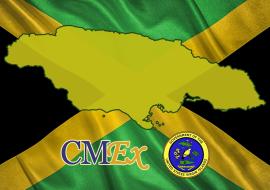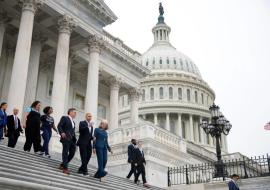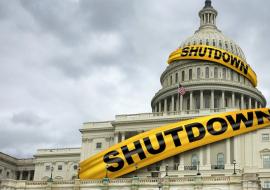Euro Zone Interest Rates Remain Unchanged at 2.25 Percent
The European Central Bank left interest rates unchanged at 2.25 percent in its Thursday January 12 meeting. ECB president Jean-Claude Trichet said that on the basis of regular economic and monetary analyses, “we have decided to keep the key ECB interest rates unchanged following the increase of a quarter of a point on December 2005.”
Mr. Trichet added that according to information available, real GDP growth in the Euro zone did indeed improve in the second half of 2005, as expected. According to Eurostat´s first estimate, real GDP grew at a quarter-on-quarter rate of 0.6 percent in the third quarter of 2005, compared with 0.4 percent in the second quarter.
The breakdown of GDP data for the third quarter of 2005 confirmed a stronger contribution from domestic demand. Moreover, recent economic indicators and survey data support the view that the expansion of economic activity broadly maintained its momentum in the fourth quarter of 2005 and will continue to do so in the first months of 2006, notwithstanding the impact of high oil prices.
Looking further ahead conditions remain in place for sustained growth of economic activity in line with staff projections and other available forecasts. On the external side, the continued strength of global demand should support euro area exports.
On the domestic side, investment should further benefit from continued very favorable financing conditions, robust corporate earnings and gains in corporate efficiency. Consumption growth should gradually rise, broadly in line with expected developments in disposable income.
As to risks for economic growth they relate to high and volatile oil prices, concerns about global imbalances and the level of consumer confidence in the euro area, although the latter is improving.
Risks to this scenario remain on the upside and include further rises in oil prices, additional increases in administered prices and indirect taxes, as well as –more fundamentally- potential second-round effects in wage and price-setting behavior.














